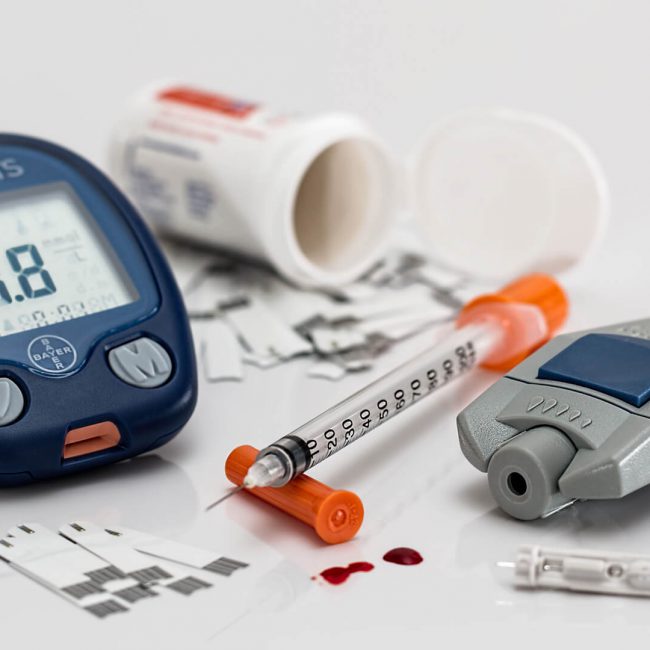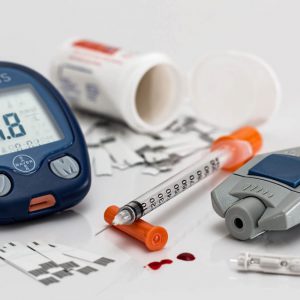Calprotectin has been found in several human biological materials: serum, saliva, cerebrospinal fluid and urine. However, the assessment of faecal calprotectin is a widely used method for the detection of bowel inflammation severity. Calprotectin is an extremely stable protein, and it can be found unaltered in stool for longer than 7 days.
Stool Calprotectin test is to detect inflammation in the intestines; to distinguish between inflammatory bowel disease (IBD) and non-inflammatory bowel conditions; to monitor IBD activity. This test is done When you have bloody or watery diarrhea, abdominal cramps, with or without fever, lasting more than a few days.
For results between 0-110 ug/g faeces: Normal faecal calprotectin, IBS or quiescent IBD.
For results between 110-1800 ug/g faeces: Raised faecal calprotectin may indicate IBD. Mildly raised figures may still be normal. Also consider other causes e.g. infection, polyps, malignancy and NSAID use.



